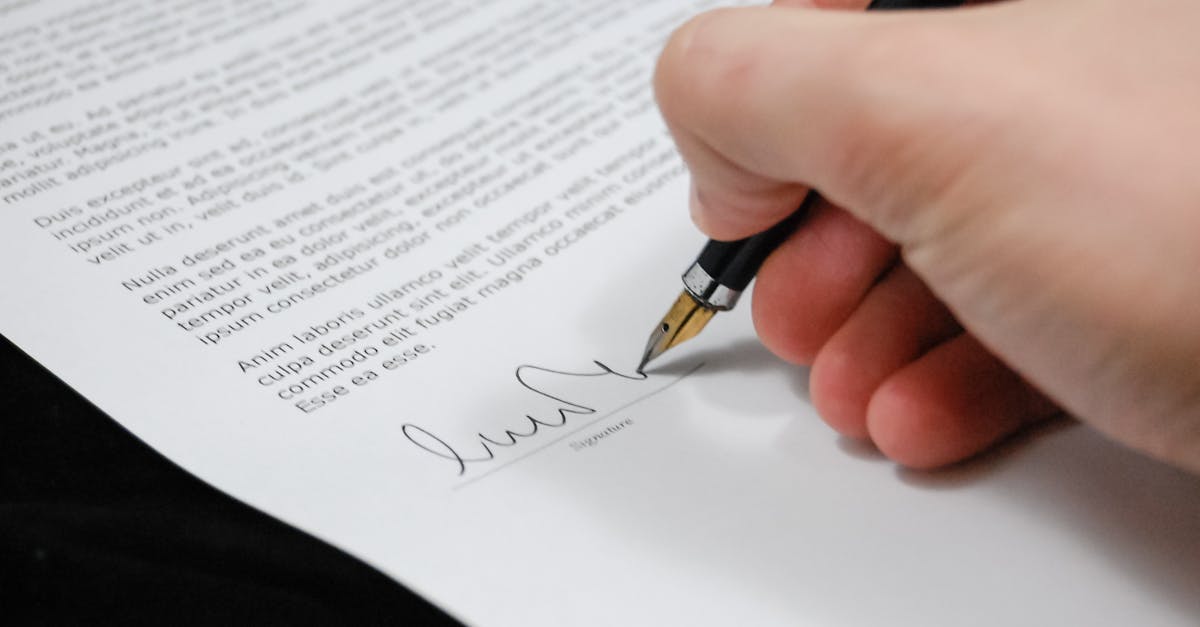
Process of Litigation
Process of Litigation
Litigation is a legal process that involves resolving disputes between parties through the court system. It typically begins when one party files a lawsuit against another, seeking a legal remedy for a perceived wrong. Investigating legal matters is a crucial aspect of the litigation process. This involves gathering relevant evidence, interviewing witnesses, and conducting research to build a strong case.
Once a lawsuit is filed, the parties involved will go through various stages of litigation, including pleadings, discovery, trial, and potentially an appeal. Each stage is designed to move the case closer to resolution, either through settlement or a court decision. Throughout the process, both sides have the opportunity to present their arguments and evidence, with the ultimate goal of reaching a fair and just outcome.
Steps Involved in Litigation
Steps involved in litigation typically include the initiation of the legal process through the filing of a complaint by the plaintiff. Following this, the defendant is served with the complaint and given the opportunity to respond. Subsequently, both parties engage in the discovery process, where relevant information is exchanged through methods such as depositions, interrogatories, and requests for production of documents.
Investigating legal matters is a crucial aspect of the litigation process, as it provides the foundation for building a strong case. This includes gathering evidence, interviewing witnesses, and evaluating information to support the legal arguments presented in court. Additionally, proper investigation can help anticipate and address potential challenges, ultimately increasing the chances of success in the litigation process.
Investigation Techniques in Legal Settings
Investigation techniques in legal settings are crucial for gathering evidence and supporting legal proceedings effectively. Understanding the nuances of legal investigations is essential for any individual involved in legal matters. Employing meticulous research methods and employing various tools, investigators delve deep into the specifics of a case to uncover relevant facts and details. Investigating legal matters requires a keen eye for detail and an analytical approach to connect the dots necessary to build a comprehensive case.
In legal settings, investigators utilize various tools to aid in their fact-finding mission. These tools range from traditional methods like interviewing witnesses and gathering documents to modern techniques such as digital forensics and data analysis. By harnessing the power of technology and embracing innovative methodologies, legal investigations can uncover critical information that may have remained hidden otherwise. These tools not only streamline the investigation process but also enhance the accuracy and reliability of the evidence collected, ultimately strengthening the legal case at hand.
Tools Utilized in Legal Investigations
In investigating legal matters, professionals often rely on a variety of tools to gather relevant information and evidence. One common tool is forensic software, which assists in analyzing electronic devices for data pertinent to the investigation. This software can uncover deleted files, communication records, timestamps, and other digital footprints crucial to building a case.
Moreover, legal investigators frequently use databases and public records to access information about individuals, properties, businesses, and more. These resources provide valuable insights into a person's background, financial history, criminal record, and other pertinent details. By leveraging these tools effectively, investigators can compile comprehensive reports that support their findings and strengthen the legal case at hand.
Legal Ramifications of Failing to Investigate Properly
Failing to conduct a thorough investigation can lead to significant legal ramifications in various settings. In the realm of litigation, where each detail can be pivotal, inadequate investigation can result in missed evidence, weak legal claims, or factual inaccuracies that can weaken the overall case. For lawyers and legal professionals, the consequences of neglecting comprehensive inquiries can be dire, potentially impacting the outcomes of trials and hampering the pursuit of justice for their clients. Investigating legal matters diligently and exhaustively is not merely a suggestion but an imperative in legal proceedings, underscoring the critical role that detailed investigations play in the pursuit of truth and justice in the legal realm.
Inadequate investigation in legal cases can not only hinder the pursuit of justice but also erode the credibility of legal professionals and the integrity of the legal system as a whole. When crucial evidence is overlooked or not properly examined, it can lead to flawed arguments, incorrect judgments, and unjust outcomes. Moreover, failing to investigate thoroughly can also expose legal practitioners to criticisms of negligence or incompetence, tarnishing their professional reputation and potentially leading to legal malpractice claims. Thus, a lack of commitment to investigating legal matters with diligence and precision can have far-reaching consequences that extend beyond individual cases and impact the overall perception of the legal profession.
Consequences of Inadequate Investigation in Legal Cases
When the process of investigating legal matters is overlooked or conducted inadequately, the consequences in legal cases can be significant. Insufficient investigation can lead to critical evidence being missed, key witnesses not being interviewed, or crucial facts not being brought to light. As a result, the case may lack the necessary foundation to build a strong argument or to present a compelling story to the court.
Moreover, failing to conduct a thorough investigation in legal matters can weaken the overall position of the party relying on the investigation. Inadequate investigations may result in legal teams appearing unprepared, causing them to struggle in presenting a coherent and persuasive case. This can impact the credibility of the party before the court, potentially leading to unfavorable judgments or settlements.
FAQS
What is the main difference between investigation and litigation?
Investigation refers to the process of gathering information and evidence to assess a situation, while litigation involves the legal proceedings and actions taken to resolve a legal dispute in a court of law.
How does the process of litigation differ from investigation?
The process of litigation involves filing a lawsuit, presenting legal arguments in court, and adhering to legal procedures, while investigation focuses on researching, fact-finding, and gathering evidence before any legal action is initiated.
What techniques are typically used in legal investigations?
Legal investigations often involve conducting interviews, examining documents, analyzing data, conducting surveillance, and utilizing forensic techniques to gather information and evidence relevant to a legal case.
What tools are commonly utilized in legal investigations?
Tools such as background checks, forensic technology, surveillance equipment, computer forensics software, and data analysis tools are commonly used in legal investigations to gather information and evidence effectively.
What are the legal ramifications of failing to investigate properly in a legal case?
Failing to conduct a thorough investigation in a legal case can lead to inadequate evidence, weak legal arguments, loss of credibility in court, and ultimately, unfavorable outcomes or even legal consequences for the party involved.
